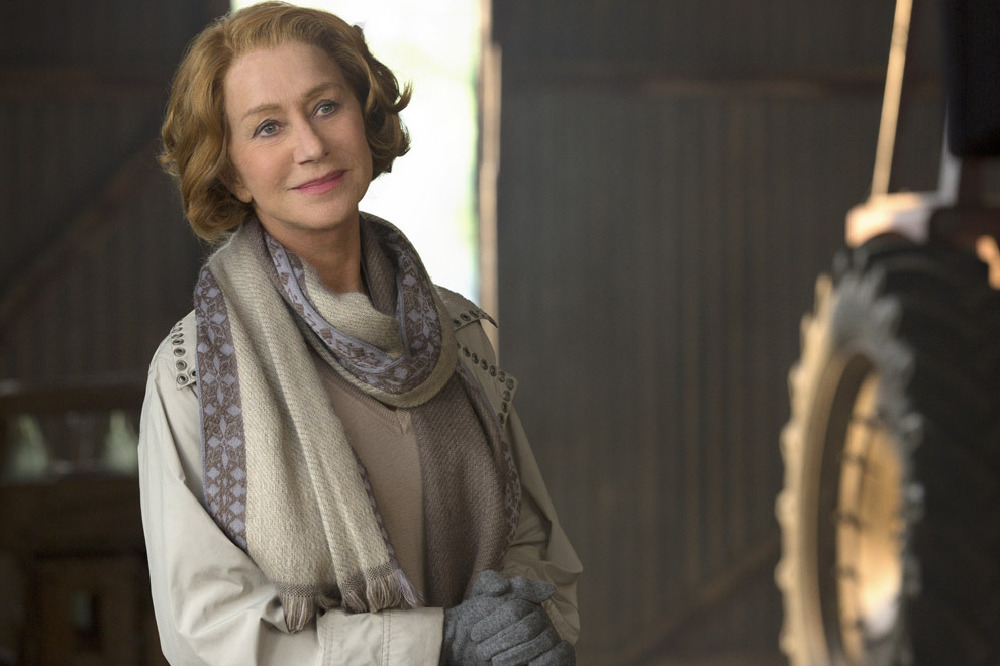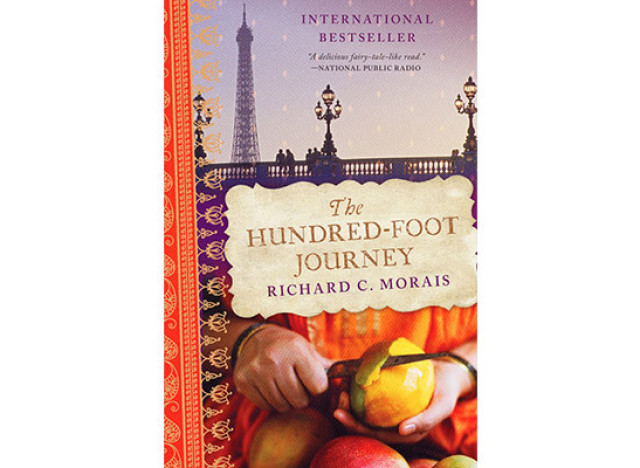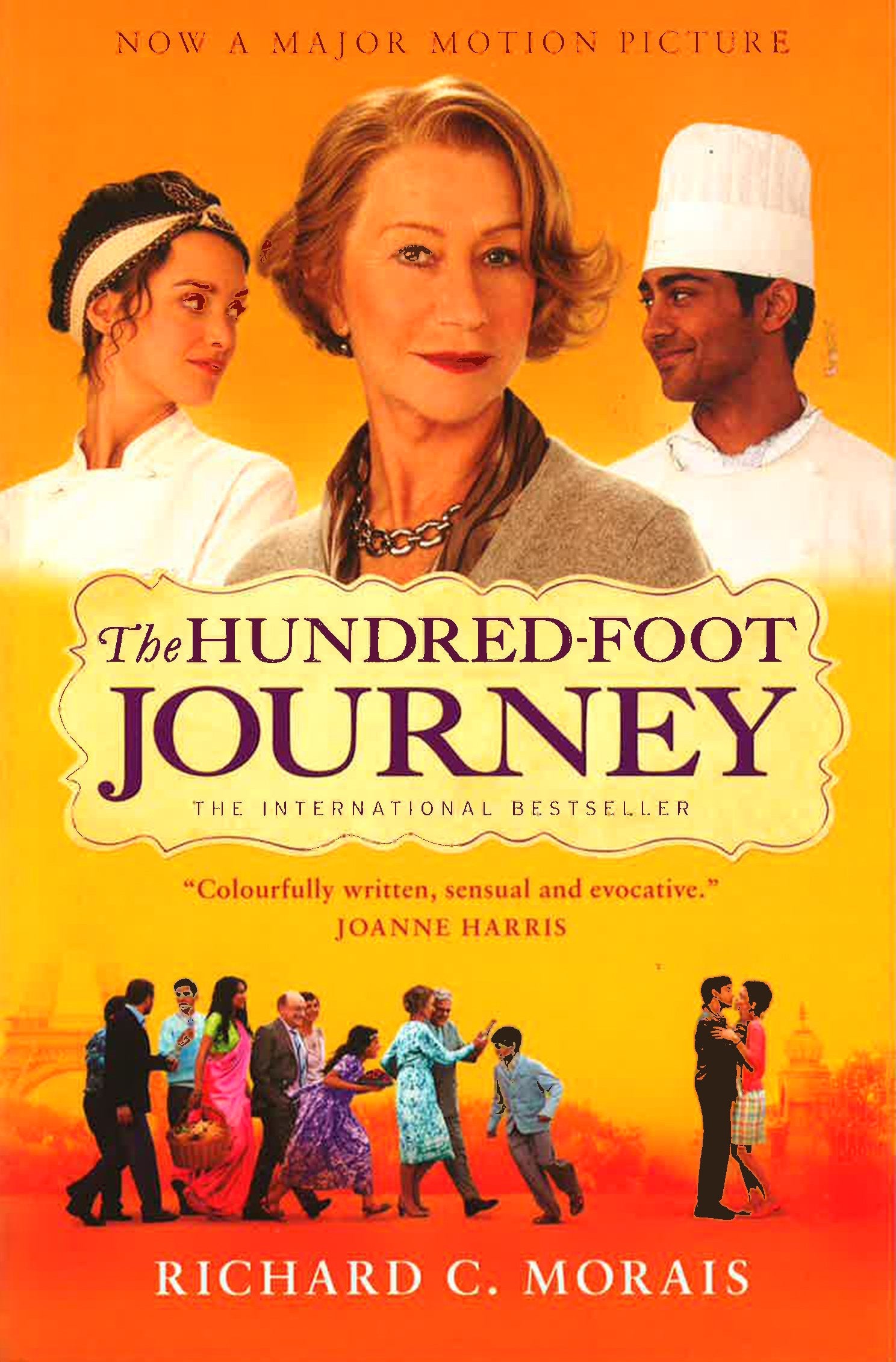

The book itself is almost like a screenplay-not a lot of depth to the characters, lots of visuals of opulent restaurants and food, easy and predictable plot line.

The author, Richard Morais, says in his acknowledgements that he hopes someday it will become a film, and I have no doubt it will. This novel is destined to become a movie. Morais gives the reader a behind the scenes look into Haute Cuisine the food, the restaurants, the chefs, the critics, and the business side of the restaurant "business." All of this is shown through the eyes of a native Indian chef, Hassan Haji, who is trying to make his way to the top of the highly competitive culinary world in his adopted city of Paris while trying to stay true to himself. (I’m into food and there was a lot terms I didn’t know.) If you aren’t into food it will be difficult to understand most of the food and culinary references in the book. This little novel is a fun fast read for serious foodies.

Perhaps this is because I infinitely prefer Indian food to French food (and though I prefer a somewhat calm, quiet dining atmosphere, I know plenty of people, especially Asians, who feel more at home in a boisterous party atmosphere).I enjoy Hassan’s success, but I find myself wondering why it is that he must leave his culture behind–at least professionally–to achieve it. Neither Lumiere nor Paris has the wealth of place or of people that Mumbai does though Lumiere is beautiful, and full of interesting characters.I also regret that the food turns entirely French once Hassan gets to France. This got lost in the London section (quite understandably–the whole family was reeling from loss), and I think it never fully returned. The characters are well-rounded and well-drawn, and the relationships between them are complex.I found myself enjoying the Mumbai chapters more than the ones in Europe, I think because in addition to the lush setting, the family had such a vibrancy.

This was beautifully written with rich, make-me-hungry descriptions.


 0 kommentar(er)
0 kommentar(er)
